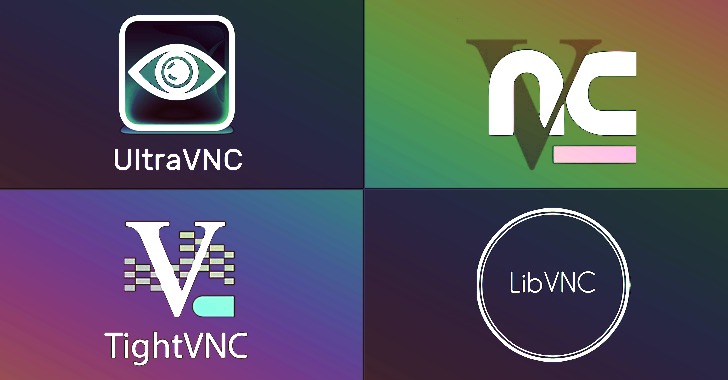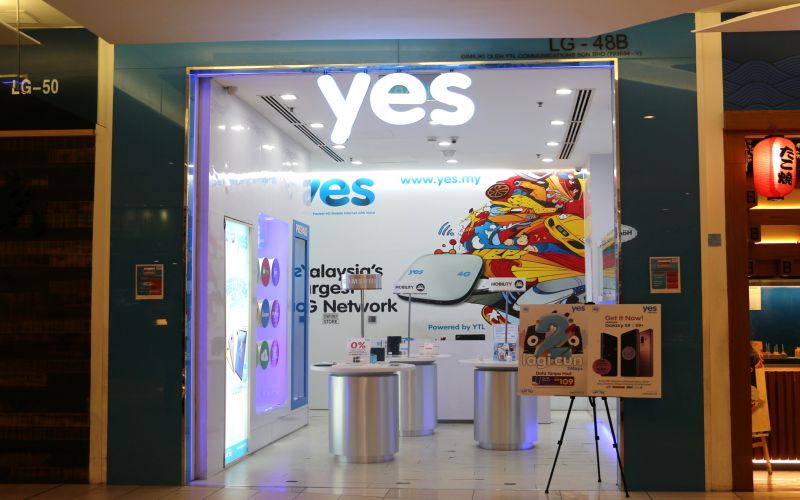
Four popular open-source VNC remote desktop applications have been found vulnerable to a total of 37 security vulnerabilities, many of which went unnoticed for the last 20 years and most severe could allow remote attackers to compromise a targeted system.
VNC (virtual network computing) is an open source graphical desktop sharing protocol based on RFB (Remote FrameBuffer) that allows users to remotely control another computer, similar to Microsoft’s RDP service.
The implementation of the VNC system includes a “server component,” which runs on the computer sharing its desktop, and a “client component,” which runs on the computer that will access the shared desktop.
In other words, VNC allows you to use your mouse and keyboard to work on a remote computer as if you are sitting in front of it.
There are numerous VNC applications, both free and commercial, compatible with widely used operating systems like Linux, macOS, Windows, and Android.
Considering that there are currently over 600,000 VNC servers accessible remotely over the Internet and nearly 32% of which are connected to industrial automation systems, cybersecurity researchers at Kaspersky audited four widely used open…
http://feedproxy.google.com/~r/TheHackersNews/~3/nNMtpsH1oZo/vnc-remote-software-hacking.html











